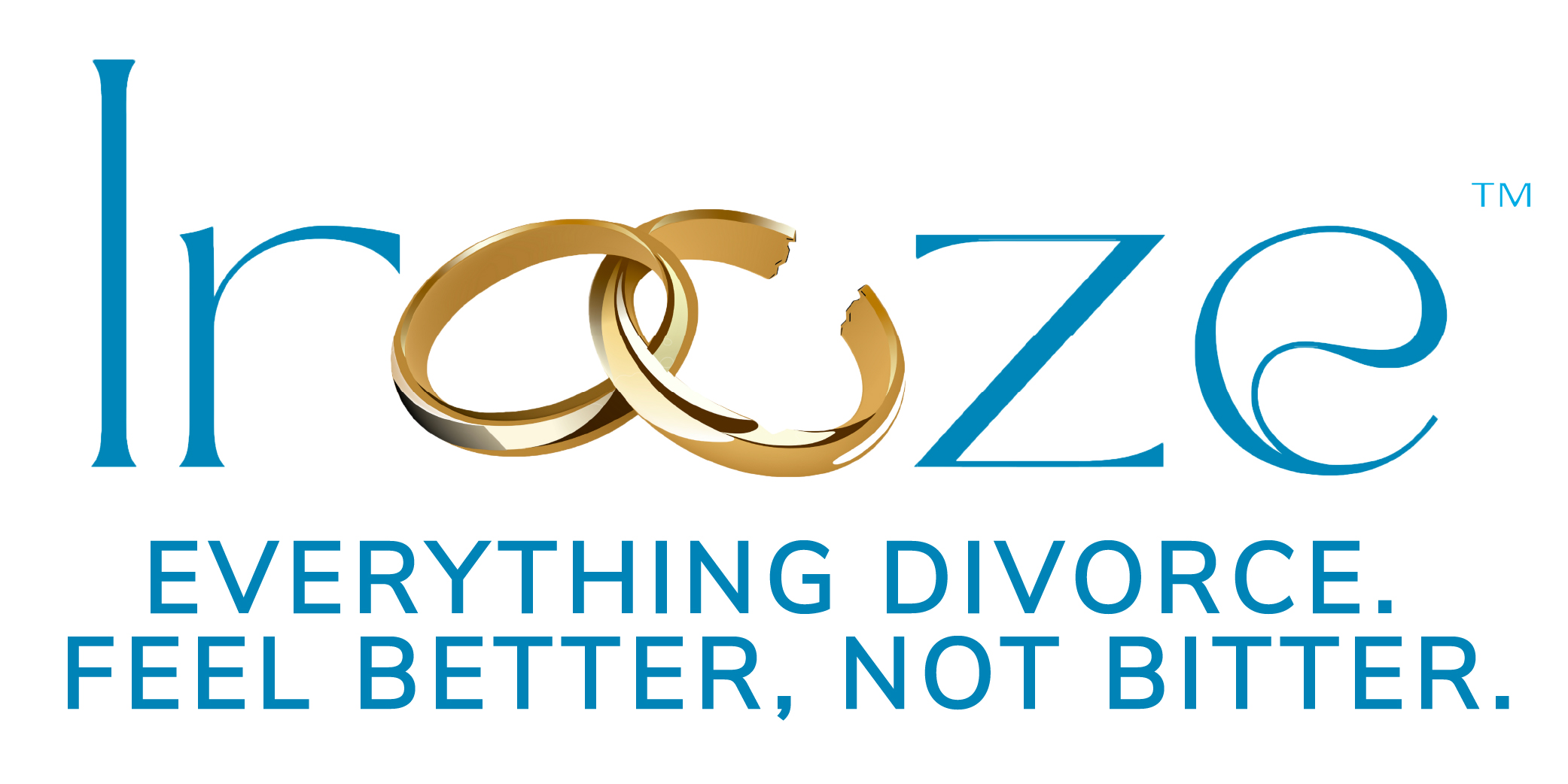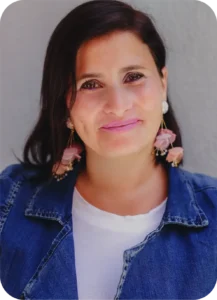When Mary’s husband announced that he wanted a divorce, it felt like her world had come to an end. She knew it wasn’t the perfect marriage, but didn’t all marriages have some kind of problem?
It had felt like they were growing apart but she had not really paid much attention thinking it would get better, like it had in the past. “Maybe it’s just a phase, he’ll get over it”, she was sure. “They would work on it”.
Denial is a natural response when you are struggling to accept the reality of a situation, in this case divorce. Denial is a common defense mechanism to protect you from anxiety, it can help you cope and can also allow you the time you need to adjust to the sudden change to your reality. Let’s face it, so many emotions will come up and it’s a stressful and overwhelming time.
Some symptoms of denial are when you avoid talking about it, or you might engage in unhealthy habits such as substance abuse, working too hard to avoid thinking about it or engaging in unhealthy sexual behaviors.
The Denial and all the Emotions from Your Divorce

The first step to is acknowledge and accept the fact that you and your spouse are getting divorced. Then you want to look at ways that will help you manage the emotions, the stress and the overwhelm, because the divorce process can drain you emotionally in ways that you never imagined. It’s Important to get lots of rest, focus on emotional resilience, self-care is essential and start building a strong support system of close friends, family and a Life Coach.
A Life Coach can support you by helping you manage emotions that could push you into survival mode, help navigate your new reality, and help keep your self-esteem up by reminding you that this is not all your fault, nor is it all your spouse’s fault. Similarly, a divorce coach is a trained professional who helps you manage emotional upheaval, stay organized, and move forward with clarity during and after divorce. Next, to prepare for the divorce, start gathering financial documents, consult with a divorce lawyer/attorney to understand your rights and responsibilities, make a budget. Being more organized from the get-go will simplify the whole divorce process.
The Fears You May Be Experiencing During Divorce

Women going through divorce often face a lot of fear. This is largely due the fact that their life will be changing from what was once familiar, a life that had some kind of routine they had built, where they had some control of and knew what to do, a life where they had some help from their spouse with finances, the children and with the home, to a new life filled with so many questions and uncertainty. Doubt often comes up especially when facing parenting, finances, or even just daily life without the help and support of a spouse.
“Parenting with two parents was often challenging, how will I manage alone?” Jane said. She had so many concerns, “How will the custody of the children arrangements go?” “How will he manage with the children, he barely spends time with them now? What if the kids don’t want to go stay with him?”
Financial fear is something Sally was worried about “ Where will we live now?” and “How will I afford it, and pay for the children’s activities, daycare etc.?”
It’s important to keep reassuring your children that you love them and that the divorce is not their fault.
There are also other fears that can come up during divorce that can affect your identity, self-esteem, self-worth and fears that may even push you into survival mode. Here are some steps to help face the fears without becoming overwhelmed by them; get support from friends and family and create a new routine. Routine can help reduce some of the chaos.
Seek some financial education and get some financial support. Make a budget to outline your expenses before the divorce and make another budget to show your monthly expenses after you separate. Knowing what you need and what you have can create some clarity and start to build confidence. Staying organized can make it easier to move through the divorce process, even when emotions try to throw you off course.
Understanding the Sadness of Divorce: Embracing the Grieving Process

Sadness often affects us when the idea of divorce becomes a reality. “I thought we’d be married forever” said Susie. It was like losing my family”. She had become so close to her sisters-in-law since she didn’t have sisters of her own. She cried all the time and couldn’t even focus enough to read books anymore. She felt empty and numb.
Divorce can bring on layers of sadness; for the end of the relationship, for the life that you imagined that is no longer there and more. These are forms of grief. Women often grieve all the memories, the identity they once had as a partner/wife and even for the dreams they had planned.
Divorce grief is not a sign of weakness, it’s a sign that love, hope and commitment mattered dearly and giving space to grief is the first step to healing. It’s better to let yourself feel the grief than to block it and stuff it. Grief may come in waves of overwhelm, just remember that time heals.
Start journaling about your feelings. Sharing your sadness with someone neutral, who can hold a safe space, such as a friend, family or professional can be healing and help release some of the grief. Working with mw can also help you manage your grief, help you think more clearly to make better decisions during this stressful and sometimes overwhelming time.
When using a professional, a therapist can help process deep-rooted trauma, conversely a divorce coach focuses on guiding you through present challenges and creating an action plan for healing and rebuilding.
Here are some practical tips for staying emotionally stable during divorce:
- Practice deep breathing exercises daily.
- Start a daily journaling habit to process your emotions.
- Set a routine for self-care and ensure time for relaxation.
The Shame and Fear of Failure

Going through divorce can often bring on the feeling of failure and stir up the emotion of Shame, especially for women who poured their heart into making their marriage and relationship work. Jane was telling her close friend “ I failed at my marriage. Maybe I should have tried harder?”, “What will people think of me now?”, “Other women make it work, why couldn’t I?”
There is a stigma attached to the idea that staying married is a sign of success, which means ending a marriage can feel like a personal failure or proof that something is wrong with you; even when divorce is the healthiest choice. This shame can be quiet but heavy, suggesting that you weren’t enough or didn’t try hard enough and that somehow you failed. But here’s the truth; recognizing when something no longer feels in alignment with your well-being is growth. Divorce takes courage, it is not failure, it’s a brave, self-honoring decision.
If you are feeling shame about divorcing, it’s important share your story with someone who will not judge you because shame thrives in silence. Whether or not you believe you did anything “wrong”, write yourself a letter of forgiveness, and write it as if you were writing to a dear friend. Acknowledge and give gratitude for your effort, your pain and your growth. Create a vision of your new life. See yourself living in this new chapter in your life filled with success, happiness and joy.
Last thought from a Life Coach
Divorce often brings out a flood of emotions and feelings such as denial, fear, grief, guilt, shame and anxiety, which can be overwhelming. At first, you may feel lost in all the emotional chaos, unsure of how to move forward in this new reality. Please know that it is totally normal. By giving yourself time and space to feel and reflect, you begin this journey toward emotional clarity. Start by journaling and speaking with friends and family to help release the heaviness. Self-care is essential at this time.
Professional help can be helpful in healing from a failed marriage. As a Life Coach, I provide safe space for you to express your emotions and process the pain. I also help you rebuild your self-esteem, navigate the divorce (I’ve been there), embrace independence, set achievable goals and gain emotional clarity where you will begin to find moments of peace.
This emotional overwhelm is not the end of your story, (believe me, it is not) it’s the beginning of a new transformation and an exciting new chapter in your life. This next chapter is yours to design and you don’t have to walk it alone. Healing takes time, and there’s no “right” way to do this. Divorce is a profound emotional journey, not just a legal one.
As a Life Coach, I’m here to help you reconnect and rediscover who you are. When you honor yourself with grace, and allow yourself to feel calm, you begin to co-create a life guided by faith and filled with clarity; a life that feels deeply aligned with your higher purpose and manage your emotions during divorce recovery
You are not starting over. You are starting a new chapter with clarity, courage, and purpose.
“You can’t calm the storm, so stop trying. What you can do is calm yourself. The storm will pass.” — Timber Hawkeye





